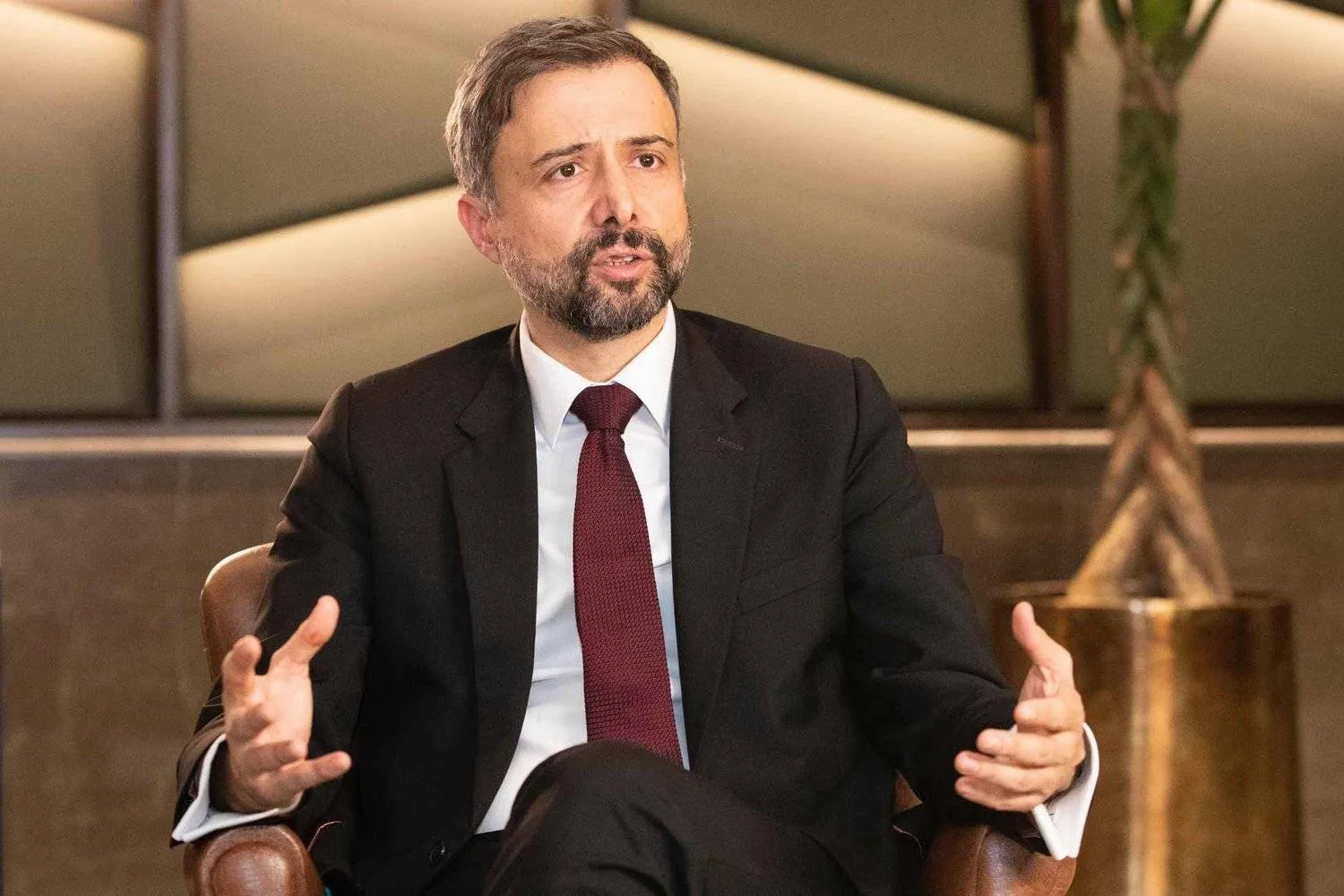In a time where warnings about overlooking the crises of climate change, food scarcity, and water scarcity are prevalent, Alvaro Lario, the President of the International Fund for Agricultural Development (IFAD), emphasized that the Fund is effectively addressing these challenges.
Lario underscored the pivotal role of the Kingdom of Saudi Arabia as a key player in specialized international efforts, reflecting positively on the outcomes of agricultural development strategies.
Speaking to Asharq Al-Awsat, Lario said: “Saudi Arabia holds fundamental importance within United Nations organizations, especially concerning IFAD’s agricultural development plans.”
He pointed out that IFAD is currently implementing a developmental project in the Jazan region, focusing on coffee and mango farms, with hopes of launching additional projects in the near future.
Lario explained that the Kingdom is making substantial efforts aligned with the international strategy to confront climate change and environmental pollution.
Initiatives such as the “Green Saudi Initiative” and the “Green Middle East Initiative” attest to Saudi Arabia’s commitment, along with its support for agricultural development plans that align with IFAD’s direction.
Lario affirmed IFAD’s readiness to enhance its partnership with Saudi Arabia in agricultural sectors, investing in the industry’s development, improving efficiency, and implementing sustainable practices.
The goal is to contribute to supporting safe and sustainable food, fortifying food security, enhancing agricultural sector efficiency, establishing projects for rural and remote farmers, and exchanging expertise with Saudi institutions like the Saudi Agricultural Development Fund.
According to Lario, IFAD is working to strengthen its capabilities to increase the resilience of small rural producers.
He emphasized that IFAD’s investments contribute to adapting to climate change and sustainable food systems, achieving numerous sustainable development goals.
Lario highlighted the alignment of IFAD’s work with the ethos of the “Green Middle East Initiative,” which seeks to restore the ecosystem through tree planting.
Beyond addressing short-term shocks, IFAD aims to lay the foundation for the future by assisting small farmers in sustaining their work with nature. Hence, water management becomes a crucial element for them.
Lario also noted that addressing major climate events is vital, as it is an urgent issue that unites governments, private sector institutions, and civil society.
IFAD President: Saudi Arabia Key Partner in Global Efforts Against Climate Challenges

President of the International Fund for Agricultural Development (IFAD) Alvaro Lario (Asharq Al-Awsat)

IFAD President: Saudi Arabia Key Partner in Global Efforts Against Climate Challenges

President of the International Fund for Agricultural Development (IFAD) Alvaro Lario (Asharq Al-Awsat)
لم تشترك بعد
انشئ حساباً خاصاً بك لتحصل على أخبار مخصصة لك ولتتمتع بخاصية حفظ المقالات وتتلقى نشراتنا البريدية المتنوعة







